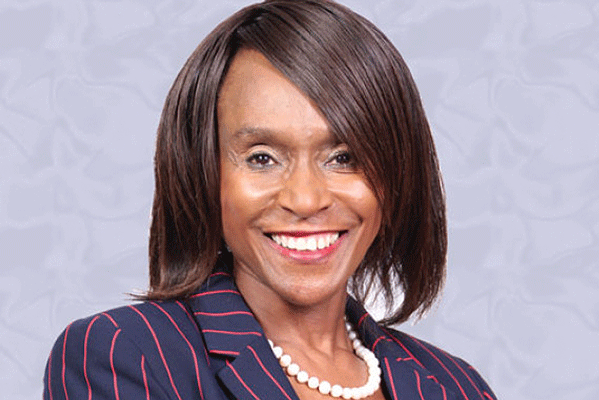
STATE commissions and other agencies raised the red flag last week, warning the market that a string of regulatory overlaps posed the greatest risk to investors.
BY SHAME MAKOSHORI
In a collective paper submitted to the Securities and Exchange Commission of Zimbabwe (SecZim), the regulators singled out listed insurers, saying these firms were sidestepping the Insurance and Pensions Commission (Ipec) and publishing financial statements soon after approval by capital markets regulators.
Insurance firms fall under the purview of Ipec, but also have to abide by listing requirements as given by the Zimbabwe Stock Exchange (ZSE) and the Victoria Falls Stock Exchange (VFEX).
Listing requirements allow listed insurers to publish financial statements once capital markets regulators give them the greenlight.
But the insurance regulator is more specialised to review various forms of corporate data and give its opinion highlighting areas that may require full disclosures.
The paper, which was presented by Ipec, the ZSE, the Reserve Bank of Zimbabwe and the Deposit Protection Corporation, warned against laxity stemming out of regulatory overlaps and revealed that some listed insurers understated liabilities in their 2019 financial statements.
However, the stock market gave them the greenlight to release this key data, which investors use in arriving at their decisions.
- Chamisa under fire over US$120K donation
- Mavhunga puts DeMbare into Chibuku quarterfinals
- Pension funds bet on Cabora Bassa oilfields
- Councils defy govt fire tender directive
Keep Reading
This confirms government’s lack of capacity to align the work of commissions and agencies to avoid duplication of duties.
“Currently, listed insures or subsidiaries of a listed group are filing returns to ZSE and publishing before the regulator’s approval,” the regulators said in a presentation during a SecZim stakeholder consultative meeting.
“(The) problem (arises) largely due to misaligned statutory timelines for filing returns.
“Some insurers (are) understating liabilities particularly after 2019 currency reforms.
“It calls for restatement of Finstats (financial statements) after Ipec’s review of submitted actuarial valuation reports and Finstats.
“Serious cost and reputational risk (will be the result) should Ipec insist on restatement (of financial statements).”
The regulators are now working for the harmonisation of disclosure requirements for listed entities with those of their primary regulators.
Primary regulators for listed insurers are Ipec.
The ZSE and the VFEX would be their secondary regulators.
“Minimise regulatory arbitrage on regulated entities especially on disclosure requirements.
“Ipec has observed unregistered asset managers under professional fund administrators,” the paper said.
The regulators want to establish a regulators’ forum and refresh a memorandum of understanding previously signed to achieve a flawless operation between them.
Under the plan that they see as a solution to some of the overlaps, they are exploring the possibility of making short-term staff secondments across them to help officials understand how each organisation operates.
They are also pursuing joint inspections and examinations.
The regulators also proposed that Ipec and SecZim should collaborate in areas that improve their operations.
Stakeholders also spoke for the first time since the ZSE was shut down in June, questioning the powers behind its shutdown and warning government not to repeat the same mistake again.
They said government should have investigated the ZSE first, before shutting it down.
Authorities suspended trading on the ZSE on June 26, claiming that speculative trading and the use of dual-traded stocks as an indicator of future exchange rates were destroying the Zimbabwe dollar.
The ZSE’s benchmark industrial index had rocketed seven times when it was shut down, after investors stampeded to the stock market to buy shares and hedge against rampaging inflation, which was measured at over 750% in June.
SecZim clients queried the stock markets regulator’s capacity to protect them and called the closure a complete “disorder”.
“Market closure led to lack of confidence. They closed (first), then investigated later,” they said.
“It was better to have investigated first. “Closing the market must never happen as it sends a negative message to foreign markets.
“There were a lot of questions about where that power (to close the ZSE) was derived because it is only SecZim that has the power.
“The clients (of SecZim) don’t expect that to happen again. Make sure that the markets are not closed in a disorderly manner,” the organisations added.
Trading on the ZSE resumed on August 3 after government directed it to de-list three counters with fungible stocks that had unsettled authorities.











